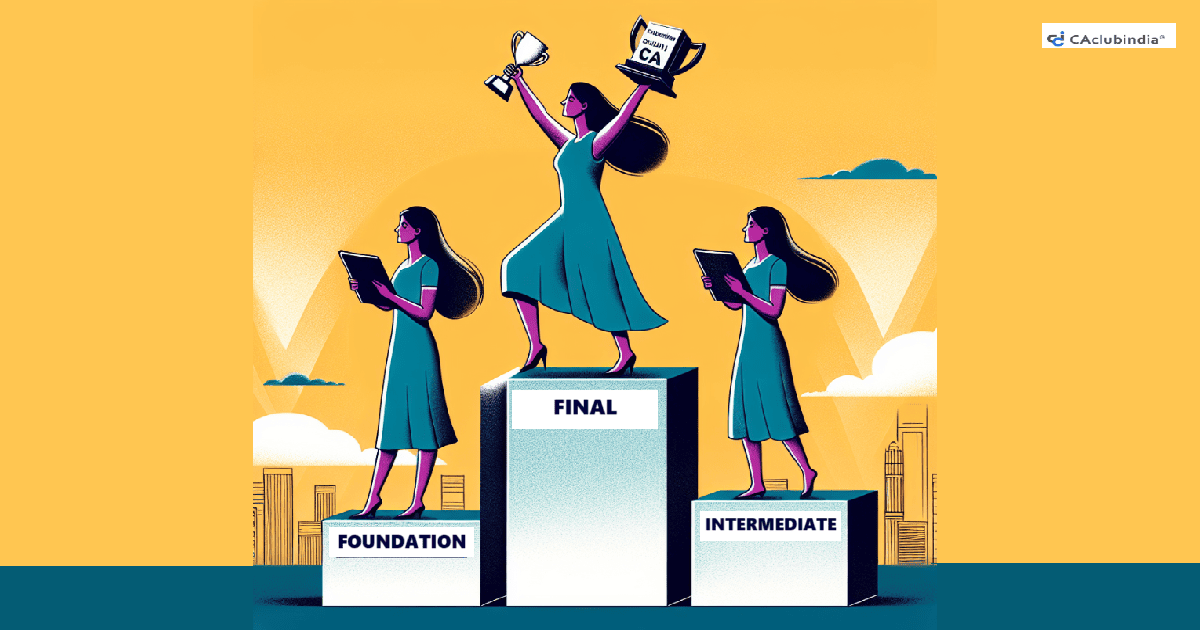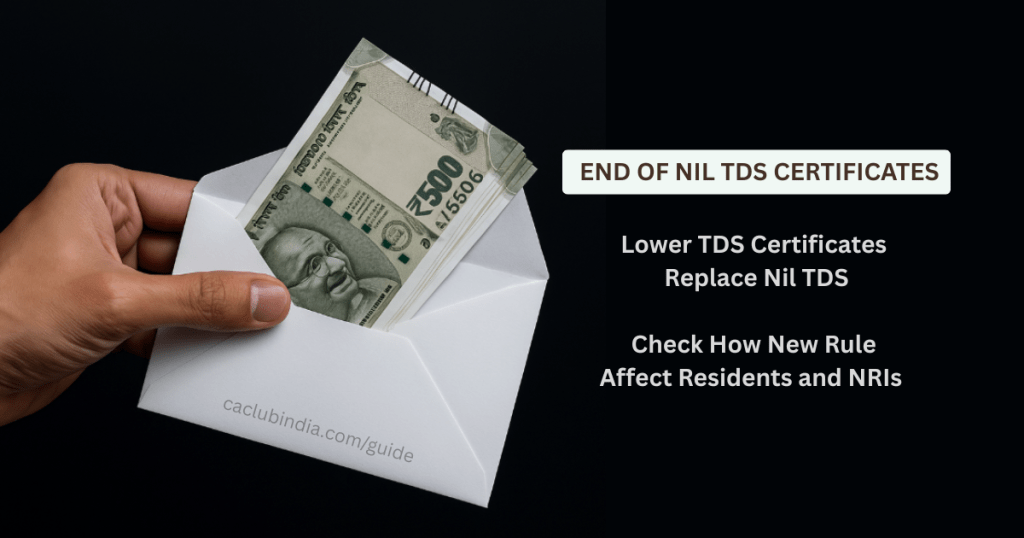A Chartered Accountant (CA) is a highly respected professional in India, playing a vital role in finance, auditing, taxation, and corporate governance. The journey to becoming a CA involves rigorous exams, practical training, and dedication.
CA Day in India is celebrated on July 1st each year. This day commemorates the establishment of the Institute of Chartered Accountants of India (ICAI) in 1949.
| Wishing all the CAs and Aspiring CAs a very Happy CA Day! |
Here’s an in-depth guide to pursue CA course in India:
Eligibility Criteria
- Educational Qualification: Complete 10+2 (or equivalent) from a recognized board in any stream – Science, Commerce, or Arts.
- Graduate Stream: Graduates or postgraduates in Commerce or other streams can register directly for the CA Intermediate (Intermediate) course under certain relaxations.
Register for CA Foundation Course
- After 12th or equivalent, register with ICAI for the CA Foundation exam.
- Preparation tips: Focus on fundamentals of Accounting, Law, Business Ethics, Economics, and Quantitative Aptitude.
Clear the CA Foundation Exam
- Exams in a year are held in May/June, September and January.
- The exam pattern includes multiple-choice questions for Paper 1 and 2 being descriptive (Principles and Practice of Accounting and Business Laws and Business Correspondence and Reporting) Paper 3 and 4 being objective ( Business Laws and Business Correspondence and Reporting and Business Economics and Business and Commercial Knowledge)
- The exam is held in 2 session Paper 1 and 2 in the morning session and Paper 3 and 4 in the afternoon session.
Register for CA Intermediate Course
- Upon passing the Foundation, register for the Intermediate level.
- Complete the required ICITSS (Information Technology and Soft Skills) training.
Joining Articleship
For students coming from Foundation Route
- Complete both groups of Ca intermediate
- Complete the required ICITSS (Information Technology and Soft Skills) training.
For students under Direct Entry Scheme
- Registering for the CA Intermediate course: Direct entry students can begin articleship after registering for the Intermediate course.
- Pass both groups of the CA Intermediate exam: Similar to the regular route, clearing both groups is essential.
- Complete the required ICITSS (Information Technology and Soft Skills) training.
Complete Articleship & Clear CA Final
- Complete 3 years of articleship, during which you work at a CA firm or an organization.
- Prepare for the CA Final exams, which are conducted in two groups (costing, auditing, law, etc.).
- Successful clearance earns you the CA certification.
Membership and Practice
- Apply for ICAI membership after passing the Final exam and completing articleship.
- As a member: You can practice independently or work in corporate roles.
Career options For CAs
The qualified CA can either enter into Practice after obtaining Certificate of Practice or join a full time employment.
CA package in India
- Fresher Salary: Newly qualified CAs can expect ₹6-8 lakhs per annum.
- Experienced CAs: Salaries can range from ₹15-20 lakhs annually, especially in senior positions or specialized fields like taxation, corporate finance, or forensic auditing.
- Freelance or Practice: Many CAs also generate income through freelance consulting, audits, and advisory roles.
Total No of Chartered Accountants in India
This is Reported as per 2025 March
| COP | Associate | Total |
| Yes | 60,179 | 1,59,557 |
| No | 2,29,707 | 2,48,072 |
Key Takeaways
- You can begin CA after Class 12 or Graduation.
- Average duration is 4.5–5 years.
- Practical training (Articleship) is crucial.
- ICAI conducts all exams and regulates the profession.
- Hard work and consistency are key to success.
FAQs
One must have passed Class 10 and 12 from a recognized board to start the CA course. Commerce students with at least 50% marks are most eligible, but any stream is accepted.
Qualified CAs can work in various sectors, including private companies, and public sector organizations, or practice independently. While some CAs may work in government roles, such as in public sector enterprises or regulatory bodies, the CA qualification itself is not tied to a government job.
It usually takes 4.5 to 5 years after Class 12 if you clear all exams in one attempt.
No, Bcom is not necessary.
Accounting, Corporate and Other Laws, Cost and Management Accounting, Taxation, Advanced Accounting, Auditing and Assurance, and Financial Management and Strategic Management.
Group I includes Financial Reporting, Advanced Financial Management, and Advanced Auditing, Assurance and Professional Ethics. Group II comprises Direct Tax Laws & International Taxation, Indirect Tax Laws, and Integrated Business Solutions
The ICITSS (Information Technology and Soft Skills) training is four weeks in duration.


